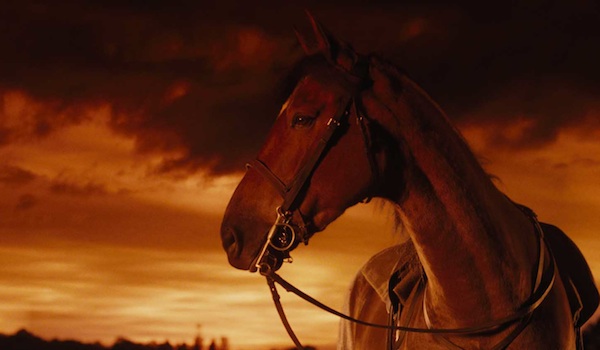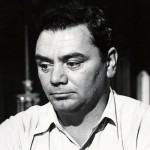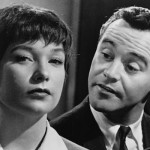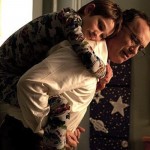War Horse Review
Steven Spielberg’s films are often so recognizable that they could make up their own genre. They’re always impeccably crafted, and you can usually see him trying very hard—sometimes painfully so—to make you feel something. I tend to think part of the reason films like Munich and Minority Report were so admired was because they broke that Spielberg mold.
War Horse sticks to the formula like glue. It’s a technical marvel (especially the battle sequences), but the emotional payoff is a little weak considering the long and winding road it takes to get there. But this is still Spielberg, and even his lesser works are better than 90% of what’s out there. This might be a problematic film, but it’s also one that’s too well-made to completely write off.
The film is centered around the relationship between a boy, Albert (Jeremy Irvine), and his horse, Joey. Since birth, Joey has been dismissed as too small, too wild, too weak to achieve what’s expected of him. He’s purchased by Albert’s father (Peter Mullan) at an early age to help plow his field. Albert takes it upon himself to train the young horse, and despite an almost total lack of faith in them, they manage to get the job done.
Just as things are starting to look up for Albert and Joey, however, war breaks out across Europe, and he’s sold to a Captain Nicholls (Tom Hiddleston). Thus begins Joey’s unbelievable journey during which he sees combat with his new owner, makes a friend with another horse named Topthorn, helps a pair of young German deserters, becomes the pet of a sick French girl (Celine Buckens) and her grandfather (Niels Arestrup), pulls heavy artillery, and gets tangled in a web of barbed wire. Meanwhile, Albert enlists and is always sure to keep a keen eye out on the battlefront for his equine friend.
War Horse gets off to a slow start. Though Peter Mullan gives what’s probably the film’s best performance, the struggle to plow the field isn’t exactly compelling. It’s once Joey goes to war that things really begin to pick up. The initial battle scene looks incredible and features some very powerful and interesting editing. And the further Joey gets from home, the more engaging the film becomes. Unsurprisingly, the film goes for the jugular at the end, but it’s only partially successful. Yes, there are aspects of the final 20 minutes that will resonate deeply with a lot of viewers, but there are also credibility stretches that are too big to totally forgive.
I’ve already mentioned Mullan as a standout in the acting department. Niels Arestrup is another. Jeremy Irvine, unfortunately, is a weak link, and he’s the human with the most screen time. Other acclaimed British thespians like Hiddleston, Emily Watson, Benedict Cumberbatch, and Eddie Marsan have a lot less to do.
The real stars, of course, are the horses. It’s amazing how much emoting they can all do—Joey especially. There’s one scene in which he tries to protect his friend Topthorn from injury and he gives him this incredibly steely glance. It’s perhaps the most powerful moment of the entire movie, and though they don’t exactly have much to say, they are easily the characters we connect with most closely.
War Horse is a definite Oscar contender in a lot of categories. It could easily earn more nominations than any other film, and it’s got a shot at Best Picture and Best Director. It’s an epic film with a lot of strong elements that just don’t click the way you hope they will. But even if it’s not on the level of Schindler’s List, it’s still a hell of a step up from Indy 4.
















